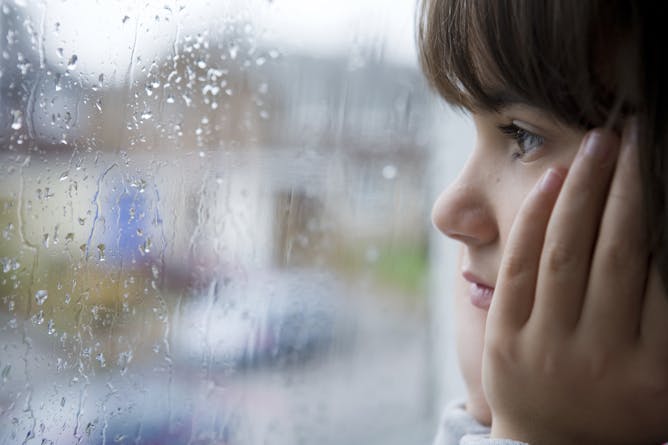|
For more than a decade, I coached young baseball players. I was fortunate the parents of the kids I coached were generally supportive and easy to communicate with. But spending years around a baseball park – or a hockey arena or a soccer field – means you are bound to see parents behaving badly. Today in The Conversation Canada, Nick Holt of the University of Alberta looks at the elements of positive parenting when it comes to childhood sports and notes that coaches provide researchers with some of the best insights on good sports parents.
We’ve got two articles on sustainable finance: Diane-Laure Arjaliès and Tima Bansal of Western University tell us why the financial world must take into account the environment when investing in capital projects; Sean Cleary and Ryan Riordan of Queen’s University write that Canada has the talent, resources and institutional muscle to define sustainable finance for our economy.
And finally, in our Education section, Shaun Khoo of Université de Montréal looks at how open-access academic journals are a profit centre for publishers; Kimberly Lenters of the University of Calgary tells the story of “Charlene,” a Grade 4 student whose "off-task" skills could be overlooked as elementary teachers are being asked to work with larger class sizes.
Regards,
|

Parenting style impacts the emotional climate in kids’ team sports, and parenting practices impact positive and negative outcomes for child athletes.
Unsplash/Ben Hershey
Nick Holt, University of Alberta
Supporting one's child on a sports team isn't always a walk at the ballpark. Parents face complex demands that require a repertoire of skills that are rarely discussed or taught.
|

Embracing sustainable finance will help Canada build a green economy — and ensure all Canadians will flourish.
Gustavo Quepo/Unsplash
Diane-Laure Arjaliès, Western University; Tima Bansal, Western University
There is no need for Canadians to play catch-up on sustainable finance. We can lead.
|

Global investors are already mobilizing capital to take advantage of investment opportunities in climate-smart infrastructure, emissions-reducing technology and updated electricity grids.
(Shutterstock)
Sean Cleary, Queen's University, Ontario; Ryan Riordan, Queen's University, Ontario
We need to equip Canada’s financial sector to steer us through a global economic transition on our own terms.
|

There is an increased demand for open access publications, and this is changing publishing business models.
Shutterstock
Shaun Khoo, Université de Montréal
Open access publishing still profits publishers, with little added value for researchers.
|

The complexity of student experiences can be lost in larger groups.
(Shutterstock)
Kimberly Lenters, University of Calgary
Grade 4 student Charlene seemed chronically off-task -- until an educator noticed she was, in fact, the sole student pursuing the question, 'Was the oil boom bad for our wildlife?'
|
Culture + Society
|
-
Kelebogile Zvobgo, University of Southern California – Dornsife College of Letters, Arts and Sciences
The first truth commission to research lynchings has been established in Maryland. It has the potential to educate the public about and support racial reconciliation. But it also faces obstacles.
|
|
Environment + Energy
|
-
Mathew White, University of Exeter
New research tracked 20,000 people to figure out the ideal 'weekly dose' of nature.
|
|
Politics
|
-
Allaina Kilby, Swansea University
Jon Stewart insists he is just a comedian, but his comic barbs have always had a political edge.
|
|